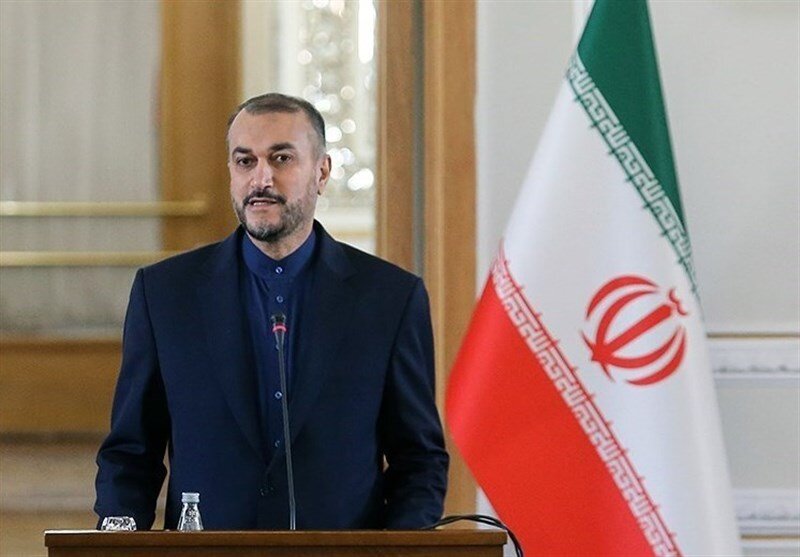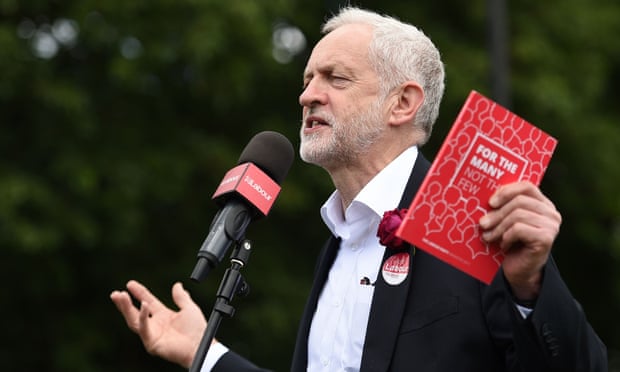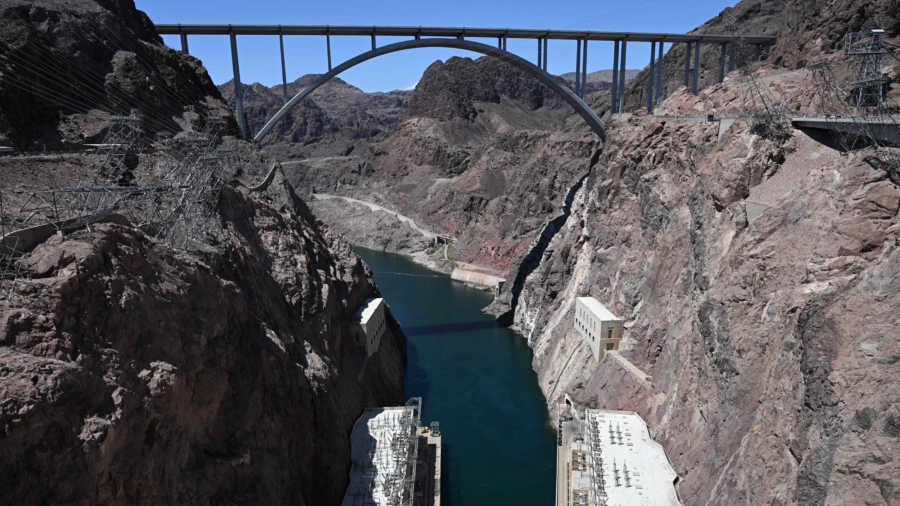How the Labour Party Betrayed its Young Members
In response to today's Forde Report, Keir Starmer said he had 'rid the party of destructive factionalism.' My experience as chair of Young Labour shows that's not true.

Earlier today, the Forde Report was finally presented to the Labour Party NEC. Among its many serious findings — such as deep institutional problems of racism in the party — it criticised a dysfunctional internal culture riven with factionalism which undermined the hard work done by activists across the country.
In their response to the report, the Labour leadership said that ‘Keir Starmer is now in control and has made real progress in ridding the party of the destructive factionalism and unacceptable culture that did so much damage.’ I wish this was true – but, unfortunately, that is far from my experience as chair of Young Labour.
In fact, I found that our committee’s work representing young members has been obstructed systematically at every level of the party. Time and again, we attempted to communicate with the party to establish how we could organise young people, channel their energies and win them over to campaigning for a different kind of society that would break with the Tory legacy of inequality. For not just months but years, we were rebuffed.
The frustrating reality is that young people have very few representatives in formal politics. That is, in part, why the economy is so rigged against us and why our voices are ignored. It’s not a fluke, I’m afraid, and it’s the result of exactly the same kind of processes that I experienced in the Labour Party.
Disrespecting Young People
It is almost hard to believe, but after our election in 2020, the party staff’s first contact with us was to demand that I remove our committee motion of solidarity with Jeremy Corbyn over his suspension. If we did not, they said, we would face action.
Bear in mind the circumstances. Young workers face immensely difficult conditions: many of us work in precarious conditions and zero hours contracts, a million young people lost their jobs due to the pandemic, rents are completely unsustainable, then there’s student debt, the mental health crisis – I could go on. So, of course, what was the first thing the party staff wanted to discuss? A solidarity motion with Jeremy Corbyn.
I had made numerous attempts to reach out before this, and to work with my committee to build a Young Labour capable of responding to the challenges our generation faces. They had no interest in working with us on these grounds. Instead, their only concern was that one of our motions challenged their factional position. I had just been elected on an overwhelming mandate by young people, most of whom had come into politics through supporting Corbyn and his policies. Now, the party wanted us to betray those young people – and leave them feeling that they had no voice once again.
We refused to be dictated to, but this came at a cost. What followed since has been almost constant obstruction by the party in our efforts to engage young people and young members. Even when so many young people have been at the frontline of a cost-of-living crisis, or when young people were facing summer hunger or swelling the ranks of food banks, we could count on little or no support from the party to try to organise them to fight back.
When I talk about obstruction, I want to be clear what I mean. People in political parties will have disagreements, and they should have them. Truly strong organisations are ones where we can disagree and find a way forward. We didn’t have disagreements, we were simply ignored. This was the case whether it was months of emails not being returned on basic questions like organising our conference (which is a requirement on the committee), updating our policies or hosting events. We were denied access to our own funds and even to emailing members.
Still, to this day, as my term draws to a close, these issues have never been resolved. It is such a basic level of disrespect not just to me and my committee, or the thousands of young members of the party – but to all young people who want to see political change. Far too many find themselves ignored, and they deserve so much better.
Preventing Real Representation
Young Labour committee members are not paid for our roles. We all have our own full-time jobs or study. Sometimes both. We are a collection of elected volunteers, young people who got involved in politics in their own spare time to try to build a better society.
Over the course of my term we have faced barrages of smears, investigations and false briefings against us in the press which seemed only to be designed to intimidate or silence us. It is simply impossible to believe that many of these did not originate with party staff or senior officials. I found myself asking those at the top, repeatedly, ‘is this really how the Labour Party thinks young people should be treated?’ Apparently, it is.
Young people have very few organisations to represent them in politics. Certainly not ones with thousands of members behind them and a real mandate. The Labour leadership might not respect this, but I did. I was determined that our committee could fight to give a voice to an emerging generation, one that through their experience was turning to socialist politics for the first time in decades and wanted to see transformative change at home and abroad.
Keir Starmer’s election pledges seemed to echo many of these same commitments. His policy pledges were similar to Corbyn’s in many respects and offered the prospect of fundamental change. He promised to unite the party, build a mass membership and revitalise its local structures. I was sceptical that he would follow through on these commitments, but I reached out after my election to try to ensure the party gave voice to young people and to work towards a real alternative to the Tories that young people could get behind.
Unfortunately, we found the door slammed in our face. Over the past two years, we have been denied the ability to hold a conference, which the party’s own rules oblige us to do. Then, when we wanted to organise other events, we were denied funding or our emails were simply ignored. We were not consulted on issues relating to young members. We were refused the ability to contact our members directly.
When we organised our own events at party conference, we were obstructed at every turn, told we couldn’t invite our own speakers, then found ourselves ‘disappeared’ from the programme. On the day before I received a notice of investigation in the middle of the night, I was told no one under investigation would be allowed to speak at Young Labour day at conference. The stitch-ups were blatant and exhausting.
More recently, as well as having no facilitated committee meetings for months, we have had our access to social media removed. The last channel of communication we had with young members was taken away by a party which, in reality, would have preferred we had never been elected by them in the first place.
Despite these attempts we continued to fulfill our commitments to delivering a proudly socialist youth wing. Organising training, panels and rallies with hundreds of young members covering urgent issues facing our generation, registering tens of new active Young Labour branches, standing shoulder to shoulder with movements for justice, building international socialist alliances across the globe and holding the leadership to account on Palestine, progressive policies, trade union solidarity, education and so much more.
I am proud of what our committee achieved, but we should never have had to fight like we did.
Fighting for Better
After these experiences, I am acutely aware of how far we have to go as a party. We live in a society of enormous inequality, one where the economy is rigged against young people, workers and marginalised communities. We need the Labour Party to be at the forefront of changing that – and that means championing the cause of all those left behind by this Tory government.
Too often today, our party fails in that task. And when people get active to try to fight these injustices on behalf of their communities, it often fails them too. In recent years, we have seen a party at war with its members and trade union affiliates, often more concerned with appealing to the right-wing media than defending the people who campaign for a Labour government.
Those who argue that Labour’s job is to blend in with the establishment are at best naïve, and at worst deliberately obstructing transformative change. The party’s determination in recent years to shut up young people is mirrored in its approach to many other groups, from Palestine activists to striking trade unionists. If these are the decisions it makes today, while out of power, the prospect of it fighting the powerful and vested interests while facing the pressures of government are minimal at best.
Today, millions of people are looking for an alternative. It is our job to be determined that we can build a society worth living in and provide the political direction to show that it is possible. We need a Labour Party that is a champion for the people who need change — from workers striking for proper pay rises to young people and the marginalised.
My experiences with Young Labour have taught me that our party is far from that organisation. And today’s response to the Forde Report proves it. I’m running for the NEC to hold those who refuse to respect our members to account.
About the Author
Jess Barnard is the outgoing chair of Young Labour and a candidate for Labour's National Executive Committee (NEC).

Our new issue is coming soon –













 The Mike O'Callaghan-Pat Tillman Memorial Bridge crosses the Colorado River at the Hoover Dam on the Colorado River at the Nevada and Arizona state border on June 28, 2022. (Patrick T. Fallon/AFP via Getty Images)
The Mike O'Callaghan-Pat Tillman Memorial Bridge crosses the Colorado River at the Hoover Dam on the Colorado River at the Nevada and Arizona state border on June 28, 2022. (Patrick T. Fallon/AFP via Getty Images)